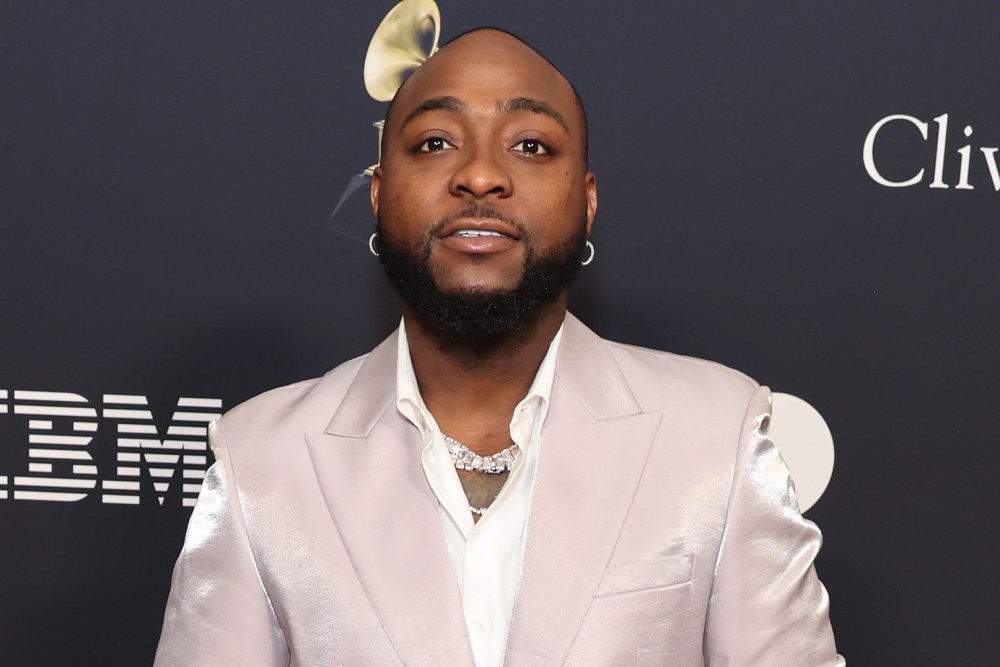
Afrobeats icon David Adeleke, popularly known as Davido, has openly criticized Nigeria’s leadership, describing the country as having some of the “worst governments.” Despite his harsh assessment of the political landscape, the globally renowned artist expressed pride in the Nigerian entertainment industry, which he believes has played a crucial role in reshaping the nation’s global reputation.
In a recent interview with Apple Music’s Ebro Darden, Davido lamented the state of governance in Nigeria, noting that poor leadership has held the country back. However, he emphasized that the music and broader entertainment sector has brought a new, positive narrative to the country’s image internationally.
“I’m glad that entertainment has been able to shift the global perception of Nigeria,” Davido said. “We don’t have the best leaders—if anything, we probably have the worst governments. But what the music industry has done for our image is truly remarkable.”
He further explained how the influence of Nigerian music and culture is now attracting foreigners to the country, particularly during festive seasons. Recalling the December holiday period in Lagos, he said, “Last December, there were more Americans than Nigerians in Lagos. I was genuinely surprised and asked them, ‘What are you all doing here?’”
Davido highlighted the contrast between past and present dynamics, pointing out that while Nigerians once dreamed of visiting the West, the trend has now shifted. “Back in the day, we used to be thrilled to visit America. Now, they’re the ones coming to Lagos. It’s not just the music—it’s the entire culture.”
He also noted how African talent is now dominating global creative spaces. “If you go to Paris Fashion Week, around 80 percent of the models are Africans. Even the creative directors behind major labels are African. That’s powerful.”
Davido’s remarks come at a time when Nigeria continues to grapple with economic and political challenges, but his comments underscore the potential of creative industries to drive tourism, cultural pride, and international recognition—even in the face of governance failures.





